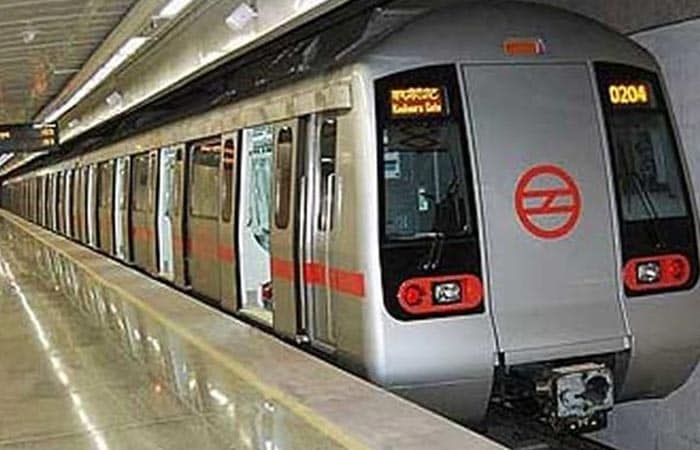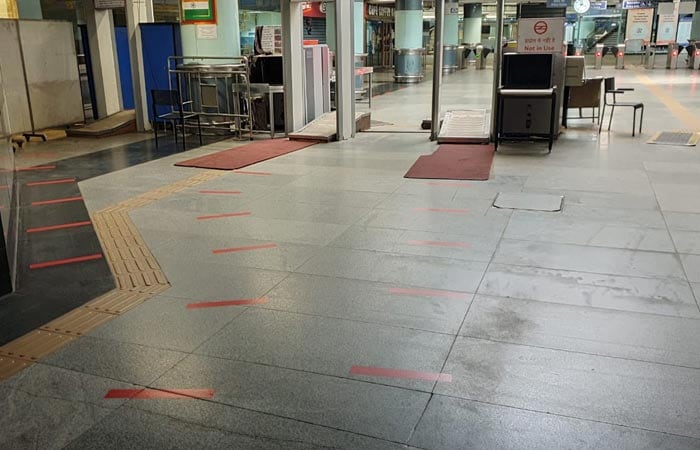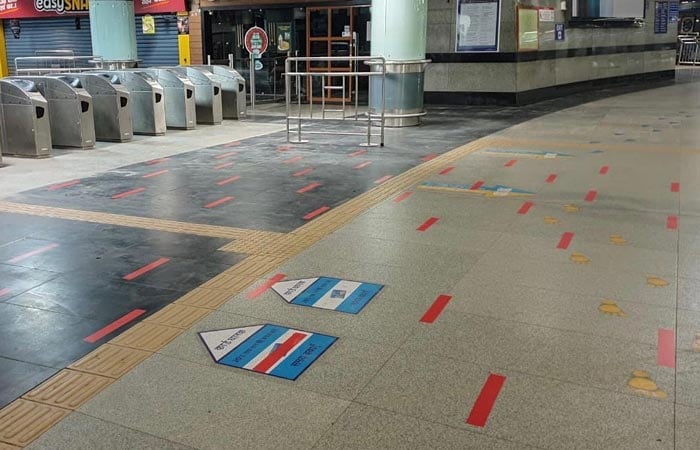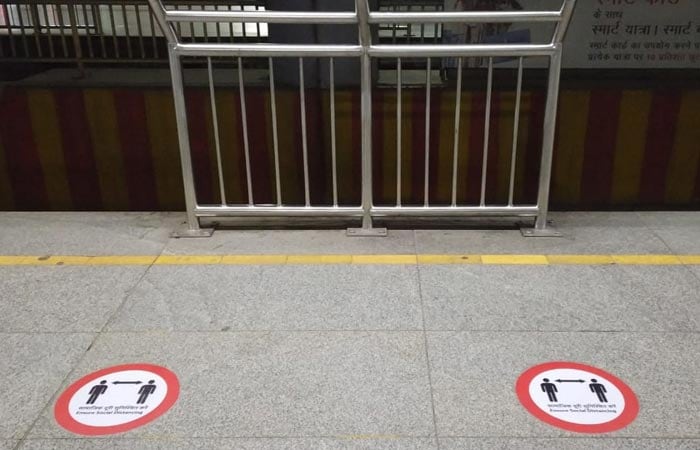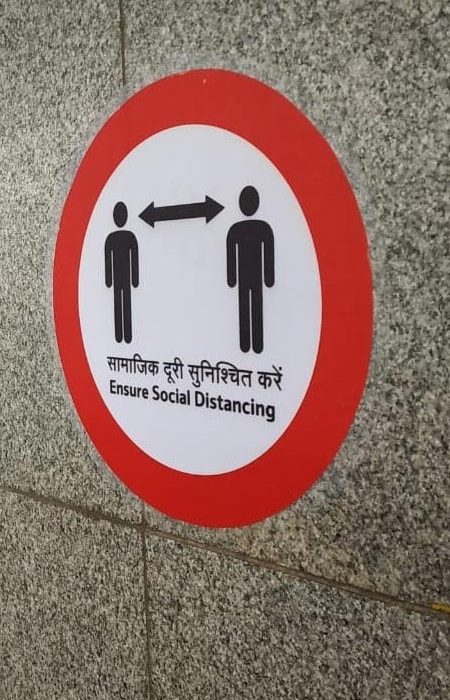Delhi Metro Gearing Up To Keep Passengers Safe Once Travel Resumes Post COVID-19 Lockdown
The Delhi Metro Rail Corporation (DMRC) has recently announced that it is working out detailed social distancing, cleaning and maintenance procedures in view of the COVID-19 pandemic and is gearing up for post lockdown once travel resumes. Anuj Dayal, Executive Director, DMRC said, 'The decision to resume Metro rail services in Delhi NCR will be taken by the government after which the detailed protocol to be followed by passengers for traveling in the Metro will be shared with the media and public. At present, DMRC is taking up the necessary cleaning mechanisms inside the trains and indoor areas of stations such as entrance lobbies, corridors, staircases, escalators, elevators, and security area.' Here is how the DMRC is working on providing safe commute to the passengers once metro services resume.
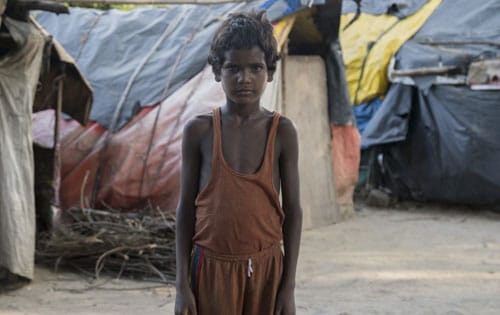
Nearly 20 lakh children live on the streets of India, without an identity, a name to call their own, a place to call home, sleeping on empty stomachs for days and nights. These twenty lakh are children, who have dreams, who have rights, who are our tomorrow. They are living in the shadows today.
During these unprecedented times, not everyone can afford the privilege of social distancing. And not everybody can stay home during the lockdown, simply because they don’t have a home. Those living in poverty are extremely vulnerable, struck with a sudden lack of funds, food, mobility and a struggle for survival. And, as with all humanitarian crises, it is the children who have been affected the most.
It is always the children on the street who are subjected to some of the harshest realities of life. Today they are battling a catastrophic crisis, and it’s time we step in to protect them.
As a part of our COVID-19 response, Save the Children is working across various regions and has already directly reached over 18,000 children and adults to cover their basic needs. The organisation is ensuring their daily needs and their dignity and hygiene are also being cared for. Save the Children has identified 2.5 lakh children in cohorts, across 10 cities in India. Reaching out to these children with emergency relief is a top priority. But this cannot be done alone.
Save the Children and NDTV join hands to bring focus to the lives of children living in street situations. As India fights the Coronavirus, we must not forget one of the most marginalised and excluded groups whose lives have been long ignored – street-connected children. The 21-day campaign will generate public interest and raise funds to ensure these 20 Lakh+ children who live, earn, sleep and eat on our streets are cared for and protected. Amidst the crisis the world is facing, they are most vulnerable, exposed to infection and disease.




